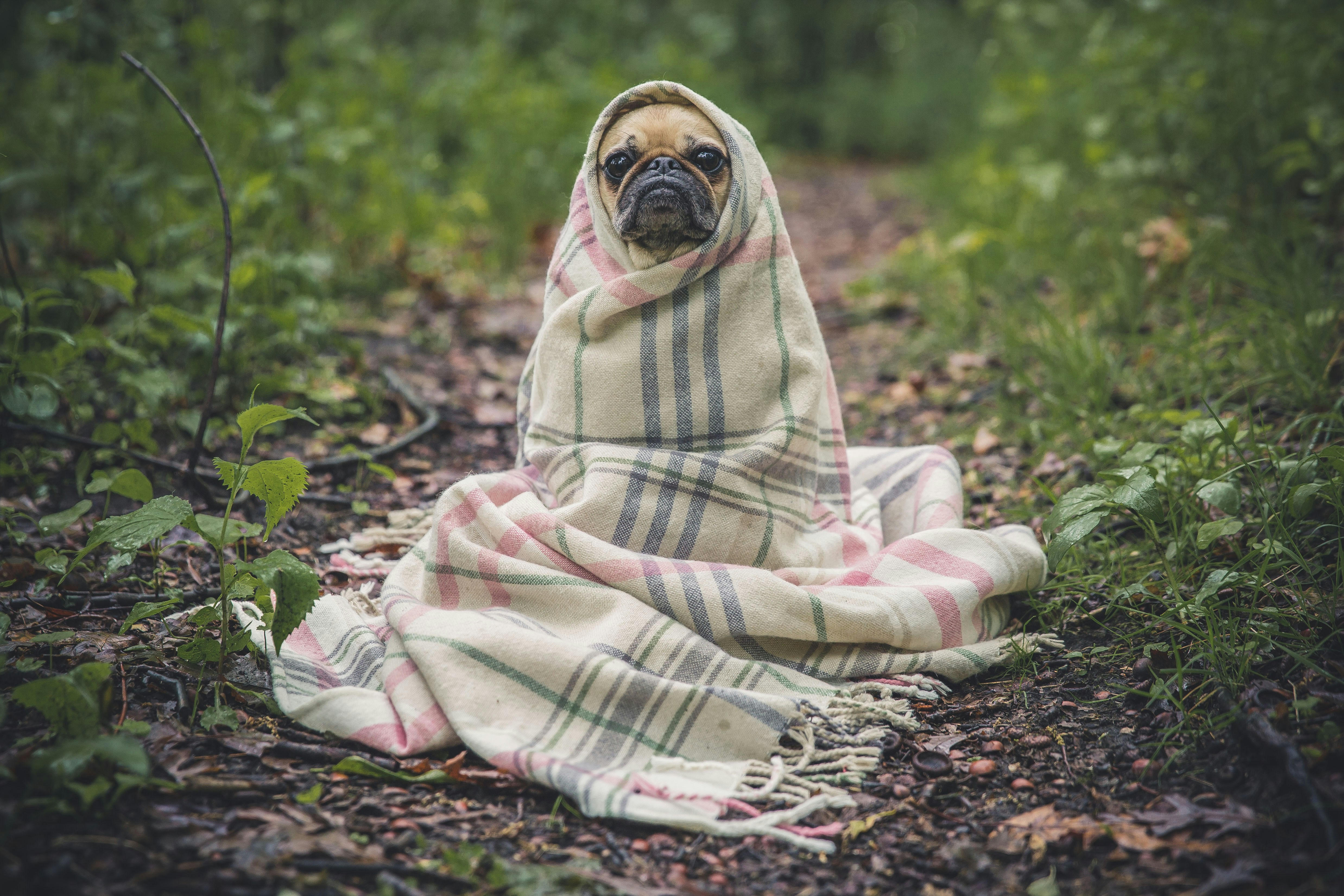Understanding the Risks Hurricanes Pose to Pets
Florida, with its sunny beaches and vibrant wildlife, is a paradise for many. However, it’s also a hotspot for hurricanes, posing significant risks to all residents, including pets. While many families prepare for hurricanes by stocking up on essentials and securing their homes, they often overlook the specific needs of their pets. Preparing in advance can be the difference between life and death for our beloved animals when a hurricane strikes.
Why Pet Safety is Essential: During emergencies, panic and confusion often lead to pets being left behind. Having a comprehensive plan ensures your furry companions are just as protected as the rest of your family.
Creating a Hurricane Preparedness Kit for Pets
A well-prepared kit can make a significant difference during an evacuation. Here’s what you’ll need:
- Food and Water: At least a week’s supply of food and fresh water. Consider easy-to-carry, compact options.
- Medication: Ensure you have at least a two-week supply of any medications your pet requires.
- Identification: Keep an up-to-date collar tag and consider microchipping your pet for added security.
- Leash and Carrier: A sturdy leash and a comfortable, secure carrier are essential for transport.
- First-Aid Kit: Include bandages, antiseptic wipes, and other essentials for minor injuries.
To learn more about creating a comprehensive emergency kit for your workplace or community, consider exploring our Emergency Equipment Safety course.
Evacuation Planning for Pet Owners
When evacuating, knowing where to go with your pets is crucial. Not all emergency shelters allow animals, so pre-identifying pet-friendly accommodations is essential.
Finding Pet-Friendly Shelters
Check with local authorities about available pet-friendly shelters during emergencies. Websites like the Federal Emergency Management Agency (FEMA) provide useful information on finding these shelters and what to expect.
Preparing Your Pet for Evacuation
– **Familiarization:** Before hurricane season, familiarize your pets with their carriers or crates.
– **Behavior Training:** Ensure your pets are comfortable with basic commands. This can help manage stress during transport.
– **Emergency Contacts:** Have a list of contacts who can help if you’re unable to care for your pets during an emergency.
Maintaining Pet Safety During the Storm
If you find yourself unable to evacuate, there are ways to keep your pets safe at home:
– **Secure Indoor Spaces:** Keep pets indoors away from windows. Choose an interior room on the ground floor.
– **Comfort and Reassurance:** Remain calm to prevent your pets from becoming anxious. Pets often mirror their owners’ emotions.
– **Noise Management:** Use comforting music or white noise to drown out the sounds of the storm.
Post-Hurricane Considerations for Pet Owners
After the storm passes, new challenges arise. It’s essential to ensure your pets are safe during this period:
Returning Home Safely
– **Inspection:** Before letting pets outside, inspect your property for hazards like broken glass or exposed wires.
– **Contaminated Water:** Keep pets away from floodwaters, which may be contaminated and pose serious health risks.
Learn more about maintaining a safe and supportive environment in our Core Safety Training course.
Addressing Post-Storm Trauma
Like humans, pets can experience post-traumatic stress after a hurricane. Signs include changes in behavior, appetite, and sleep patterns. Consult your veterinarian if these symptoms persist.
Building a Support Network
Engage with your community to create a network of support. Share resources, exchange information on pet-friendly shelters, and collaborate on preparation efforts. Consider joining local groups or organizations focused on hurricane preparedness and pet safety.
Join us at HelpNow and become part of a community committed to comprehensive safety and preparedness. Together, we can ensure that every family member, furry or not, stays protected during hurricane season.
By taking these steps, you can ensure that you’re ready for any situation. Your pets are not just animals; they’re family, and it’s our responsibility to keep them safe.

